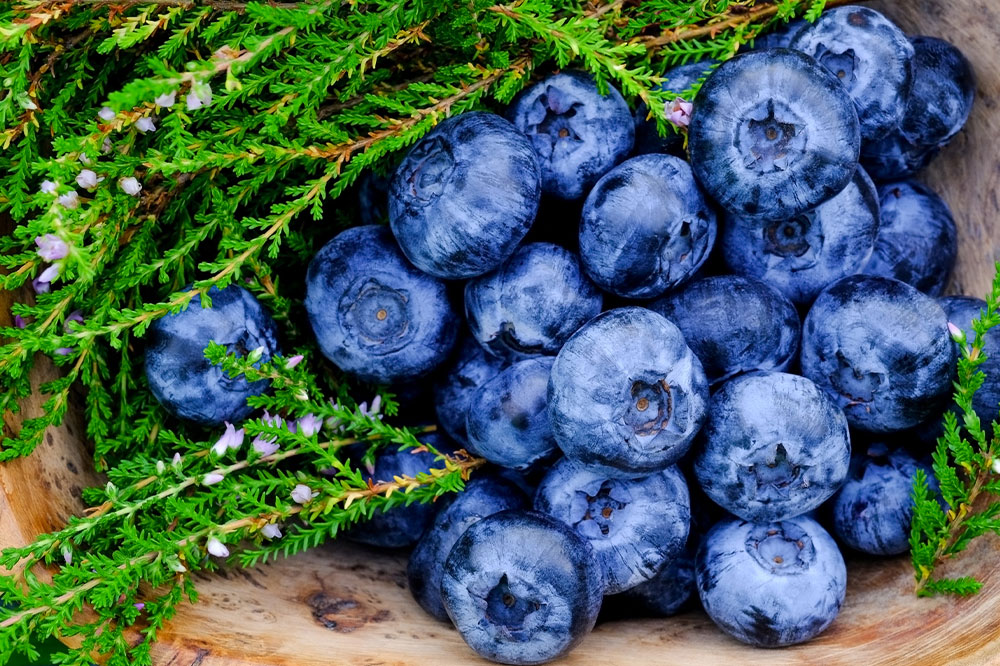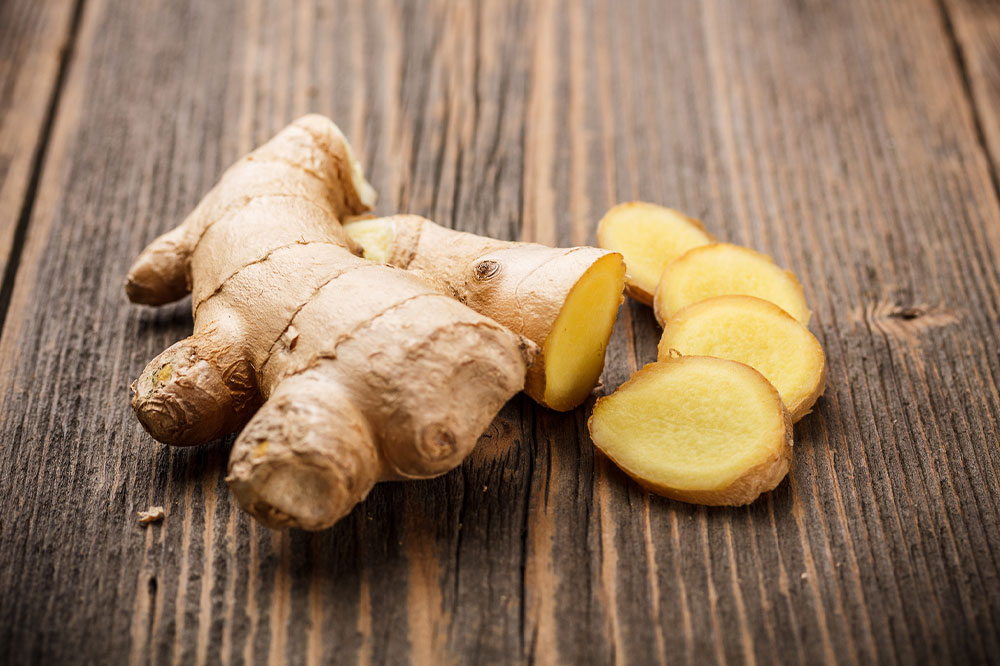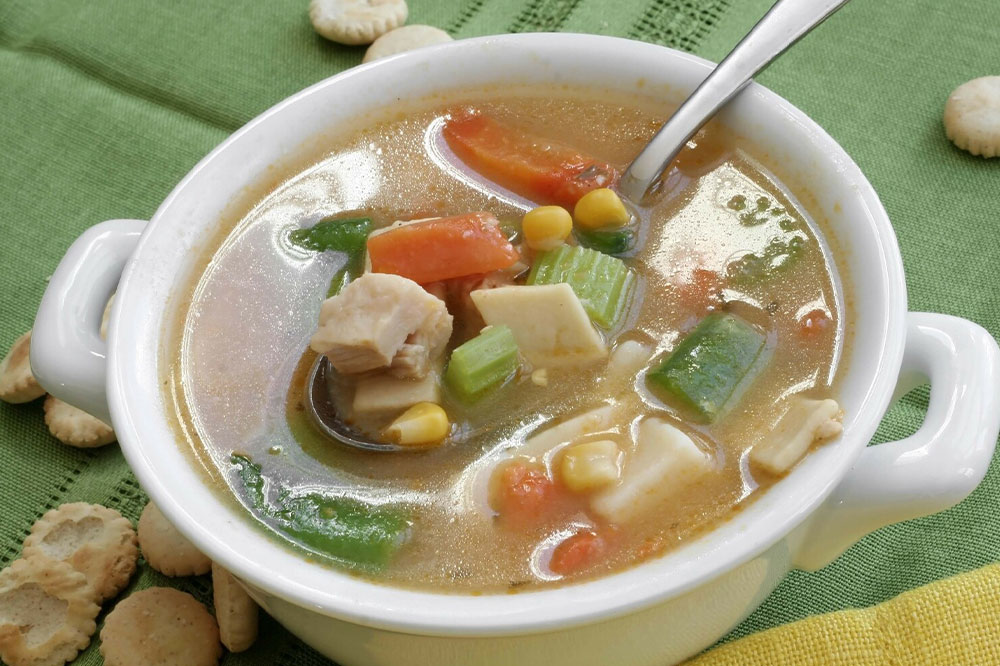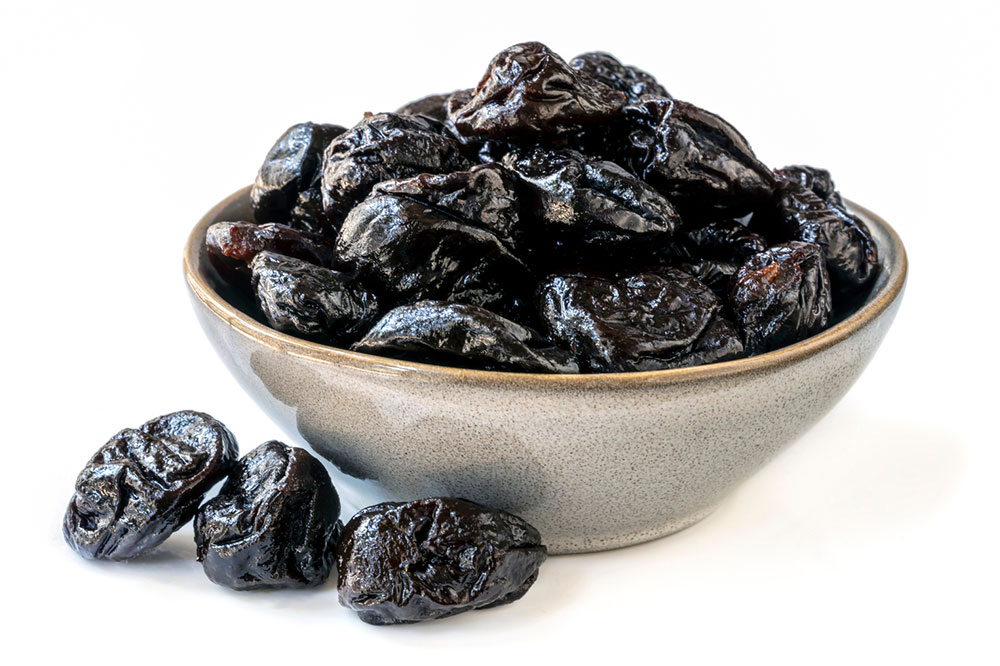
Tips to finding the right soap to manage eczema
Eczema is a skin disease marked by flaky, red, itchy patches that can be quite uncomfortable and may bleed. People with eczema or other skin diseases should be cautious when using cleansers, such as soaps and body wash. The condition can worsen with use of harsh soaps and detergents, since they will further aggravate the flare-up. To keep the symptoms under control, you can use a mild, skin-friendly soap and avoid chemical irritants. Tips for finding the right soap if you have eczema While it’s important to use soaps that won’t irritate the skin or aggravate eczema, finding the most suitable one for your skin might be challenging. Here are the six most important tips for finding the right soap when dealing with eczema or other skin diseases: Avoid fragrances and other harsh chemicals Usually, people with eczema may find that their skin responds best to mild skincare items devoid of preservatives and perfumes. The American Academy of Allergy, Asthma, and Immunology suggests using soap-free cleansers. The substance that causes soap to froth, sodium lauryl sulfate, is likely absent from several of these cleansers. Many soaps’ detergents, such as sodium lauryl sulfate, rob the skin of its natural oils, causing tightness and itchiness.
Read More 










